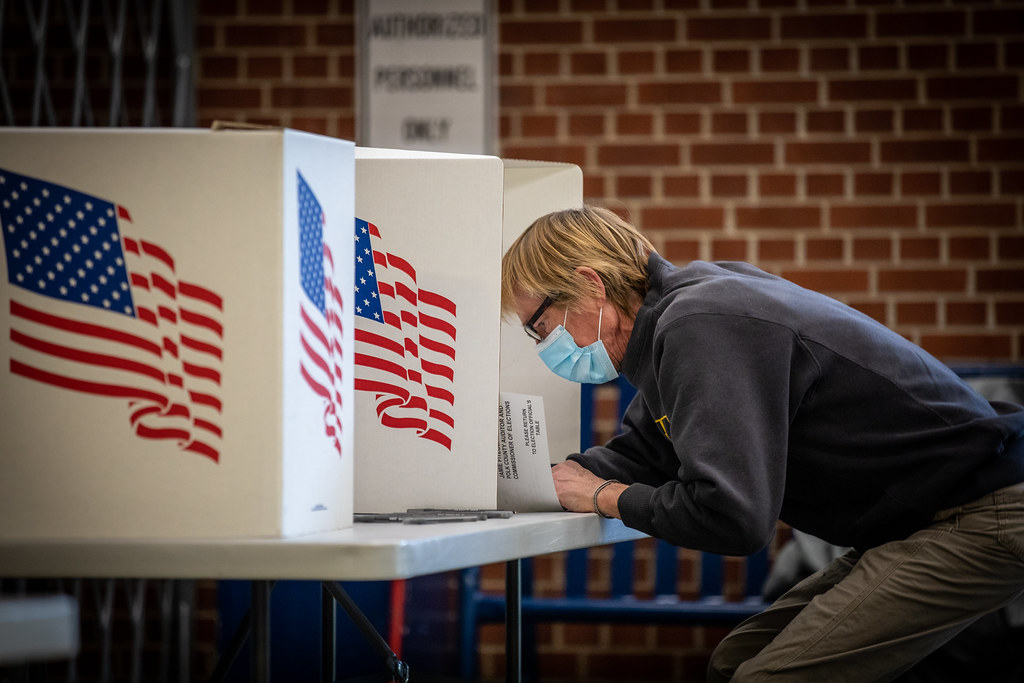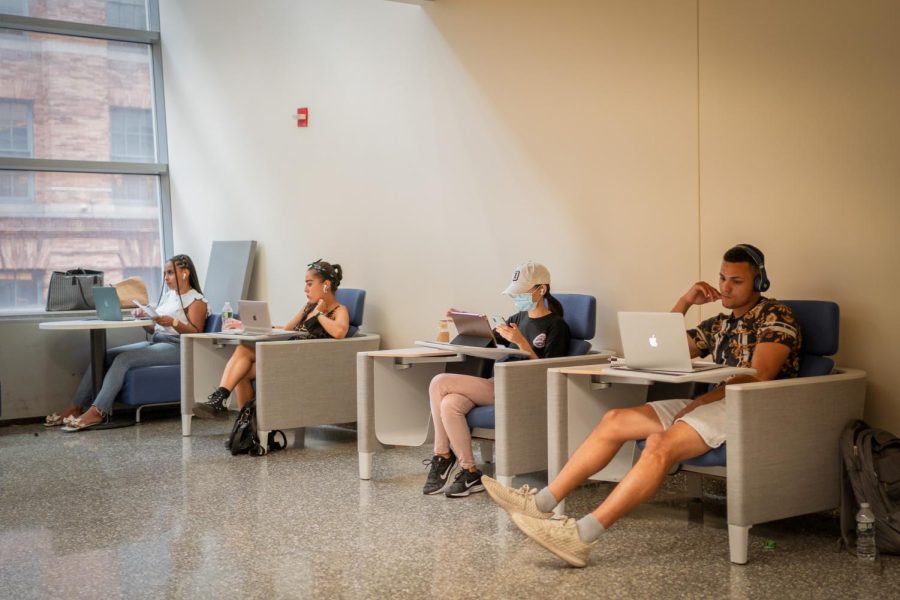From March 23 to March 30, 10 CUNY colleges operated as early voting sites. Of the 10, six were available on Election Day, April 2.
The initiative to convert campuses into polling sites is a promising first step toward nurturing civil engagement. This move, part of the broader CUNY Votes initiative, underscores a commitment to lowering voting barriers for students.
CUNY Chancellor Félix Matos Rodríguez emphasized the university’s commitment to civic engagement.
“CUNY remains committed to serving as a good neighbor in the communities that our campuses call home. As they stop by to cast their ballots, we hope that New Yorkers see this as just one way that our University is shaping the next generation of civically-engaged citizens,” Matos Rodríguez said.
However, accessibility is just the beginning. For people to truly be civically engaged, access must be paired with informed participation. While the initiative broadens voter registration and access, it omits a key focus on voter education.
Voting is more than just casting a ballot. People need to understand the value of their vote. With the amount of misinformation in today’s political climate, it is essential to equip voters with the tools they need to cut through the noise and keep up with candidates, their platforms and the big issues at stake. This level of education isn’t just beneficial, but necessary.
CUNY Votes offers an ideal platform to fill this gap. By incorporating voter education—through non-partisan workshops, forums and collaborations with civic groups, we can greatly strengthen the initiative’s impact on the community. Such efforts would not only enhance understanding of the electoral process but also turn students into knowledgeable contributors to their future.
At the end of the day, it’s about making sure students don’t just vote, but also motivate them to be advocates for the issues they believe in. This approach pushes them to vote not just by recognizing candidates’ names, but instead based on values and community needs.












